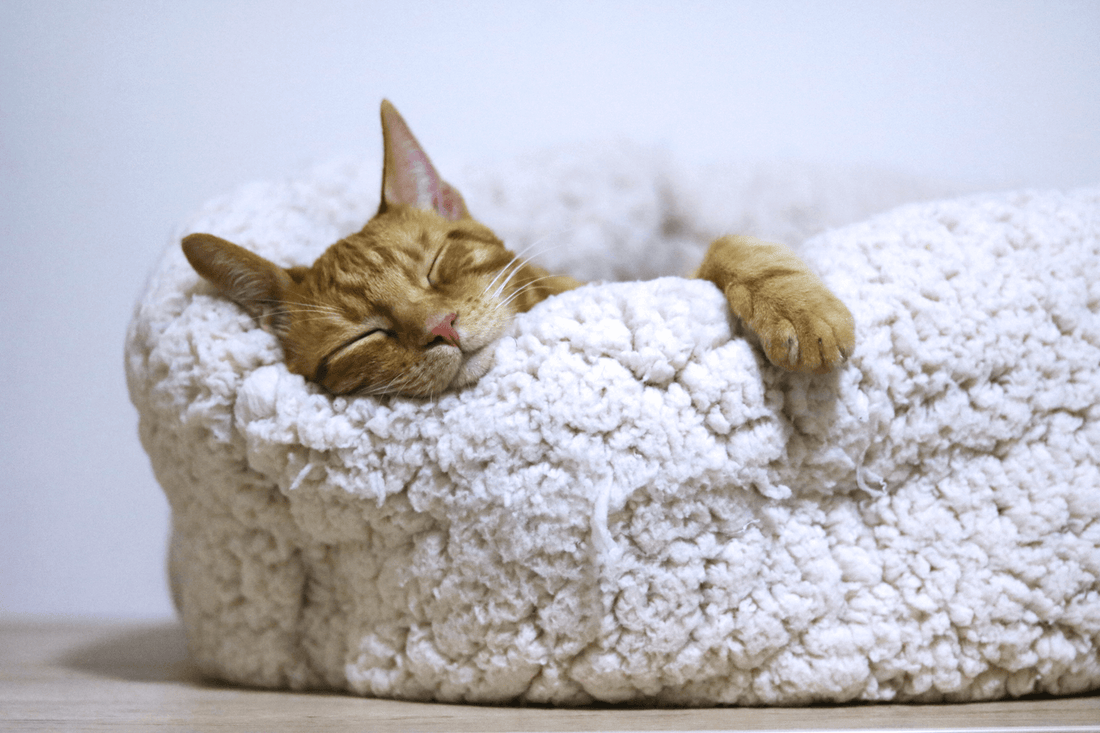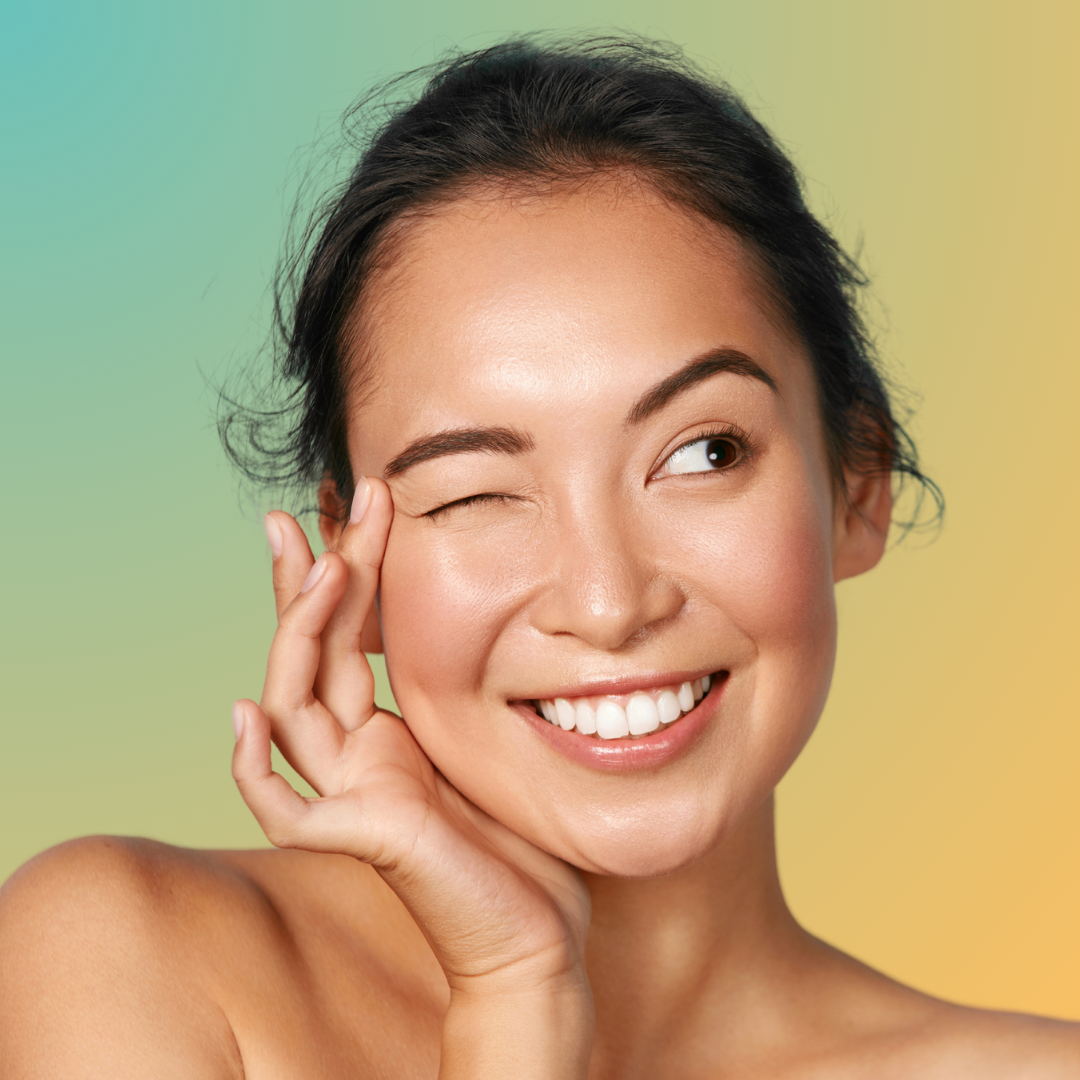Optimize Your Sleep: Tips and Tricks for Quality Rest
No matter who you are, how old you are, etc. We all need to sleep, it's a physiological necessity. Sleep is a mysterious mechanism that is vital to our organism and our health.
Here are a few tips to help you optimize your sleep:
Regular bedtimes
The body follows a specific 24-hour rhythm known as the circadian rhythm. Thanks to this rhythm, molecules are released at precise times, such as melatonin, also known as the sleep hormone.
By going to bed at regular times, our bodies can adjust their rhythm to these schedules, and anticipate falling asleep by secreting melatonin at the right moment. This makes it easier to fall asleep.
Temperature
When we fall asleep, our body temperature drops. To facilitate falling asleep and improve sleep quality, it's important to help your body regulate its temperature. For example, we recommend sleeping in a room where the temperature is around 19-20°C.
What's more, drinking a warm, non-exciting beverage (herbal tea, etc.) will help lower body temperature, making it easier to fall asleep.
Blue light
The circadian rhythm also adapts to light conditions. The more light there is, the less melatonin it produces; conversely, the darker it is, the more melatonin it secretes. The circadian rhythm is particularly sensitive to blue light.
The more it's exposed to it, the more it's going to be disrupted. High exposure to blue light will suppress melatonin secretion. As screens are the main sources of blue light, we recommend limiting the use of screens to one hour before bedtime.
Feeding
A balanced diet also plays an important role in good quality sleep.
In fact, it has been observed that eating a carbohydrate dinner a few hours before going to bed increases plasma tryptophan concentration. Tryptophan is an amino acid that enables the synthesis of serotonin, which in turn enables the secretion of melatonin.
Similarly, a meal with unsaturated fatty acids increases sleep quality, whereas a meal rich in saturated fatty acids decreases sleep quality.
Proteins provide the body with tryptophan.
However, meat should be limited before going to bed, as it is rich in saturated fatty acids. But also because too much protein intake before bedtime can lead to competition between amino acids and alter melatonin secretion.
Similarly, it's not advisable to eat too much spice in the evening, as this will reduce the quality of your sleep.
Herbal infusions
Many plants are recognized for their sleep-inducing properties. Making herbal infusions can help you fall asleep. Here are a few examples of sleep-inducing plants:
- Passionflower
- Valerian
- Lemon balm
- Hawthorn
Bibliography :
Baek, Y., Kim, H., Mun, S., & Lee, S. (2018). Three-Component Herbal Tea Alleviates Prolonged Fatigue and Improves Sleep Quality: A Randomized Controlled Pilot Study. EXPLORE, 14(6), 420-423. https://doi.org/10.1016/j.explore.2018.05.001
Doherty, Madigan, Warrington, & Ellis (2019). Sleep and Nutrition Interactions: Implications for Athletes. Nutrients, 11(4), 822. https://doi.org/10.3390/nu11040822
Edwards, S. J., Montgomery, I. M., Colquhoun, E. Q., Jordan, J. E., & Clark, M. G. (1992). Spicy meal disturbs sleep: an effect of thermoregulation? International Journal of Psychophysiology, 13(2), 97-100. https://doi.org/10.1016/0167-8760(92)90048-g
Kechribari, I. et al. (2020). Associations between red meat intake and sleep parameters in patients with obstructive sleep apnea. Journal of the Academy of Nutrition and Dietetics, 1042-1053. https://doi.org/10.1016/j.jand.2019.10.016
Ngan, A., & Conduit, R. (2011). A Double-blind, Placebo-controlled Investigation of the Effects of Passiflora incarnata (Passionflower) Herbal Tea on Subjective Sleep Quality. Phytotherapy Research, 25(8), 1153-1159. https://doi.org/10.1002/ptr.3400
Wahl, S., Engelhardt, M., Schaupp, P., Lappe, C., & Ivanov, I. V. (2019). The inner clock-Blue light sets the human rhythm. Journal of Biophotonics, 12(12). https://doi.org/10.1002/jbio.201900102
Zhao, M., Tuo, H., Wang, S., & Zhao, L. (2020). The Effects of Dietary Nutrition on Sleep and Sleep Disorders. Mediators of Inflammation, 2020, 1-7. https://doi.org/10.1155/2020/3142874




